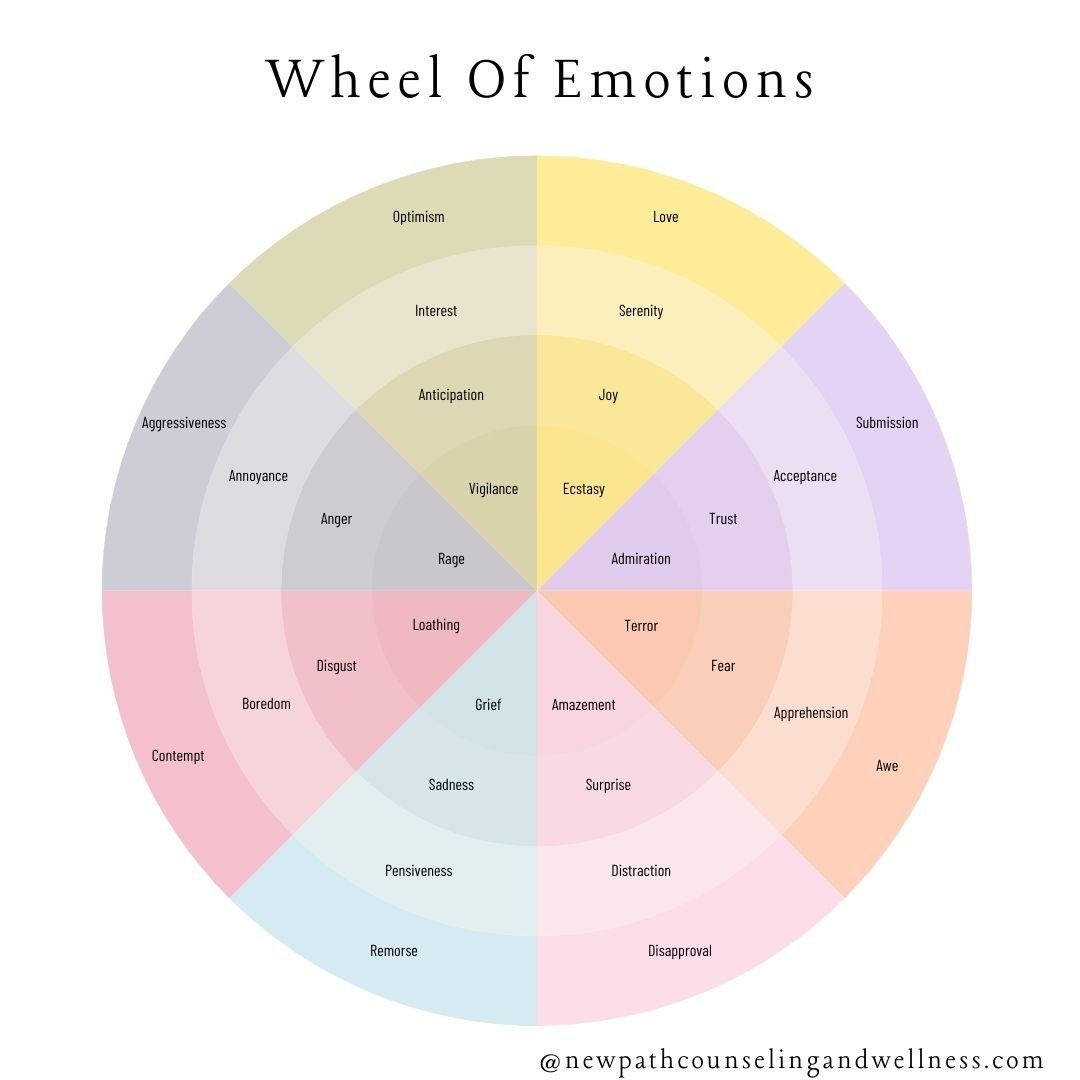You’re Not Broken, You’re Burned Out
Understanding Emotional Exhaustion and How Therapy Helps
Let’s Talk About Emotional Exhaustion in a World That Keeps Telling You to Push Through
What Is Burnout?
Burnout is more than just feeling tired—it’s a state of chronic physical, emotional, and mental exhaustion caused by prolonged stress. It can affect your job performance, relationships, and even your sense of self. Many people experiencing burnout report:
Feeling detached or numb
Trouble concentrating
Mood swings or irritability
Low motivation, even for things they used to enjoy
“Signs of Emotional Burnout” — showing fatigue, detachment, sleep problems, irritability, and decreased motivation.
Why You Might Be Burned Out and Not Even Know It
Our culture praises productivity and often encourages people to “push through” rather than slow down. This mindset can lead to burnout going unnoticed until it’s completely overwhelming. People often come to therapy thinking they’re broken—when they’re actually just burned out.
If you’ve ever Googled “Why do I feel numb all the time?” or “How do I know if I’m burned out?”, you're not alone. Emotional exhaustion has become so normalized that many don’t realize they’re experiencing it.
Burnout vs. Depression: What's the Difference?
While burnout and depression share some symptoms—like fatigue, hopelessness, and irritability—burnout is often directly tied to external stressors, especially work or caregiving. Depression tends to linger even when circumstances improve, whereas burnout can start to lift when rest and boundaries are reintroduced.
A Venn diagram showing the overlap and differences between burnout and depression:
How Therapy Can Help Burnout Recovery
Therapy provides a space to unpack the stress, learn how to regulate your nervous system, and figure out what boundaries or lifestyle shifts are necessary to prevent further depletion. Techniques like mindfulness, EMDR, CBT, and polyvagal-informed work can help restore a sense of safety and calm.
Small Steps to Start Healing from Burnout
You don’t have to make big life changes overnight. Start with small, sustainable shifts:
Give yourself permission to rest without guilt
Learn to say no without over-explaining
Prioritize nourishing relationships over draining ones
Begin therapy to explore the root causes and build coping tools
Final Thoughts: You’re Not Alone
Burnout can make you feel isolated and overwhelmed. But healing is possible, and it doesn’t mean you have to power through alone. You’re not weak. You’re responding like any human would under too much pressure. Let therapy be a place where you can breathe again.
You’re not broken. You’re just human. And therapy can help you remember that.





